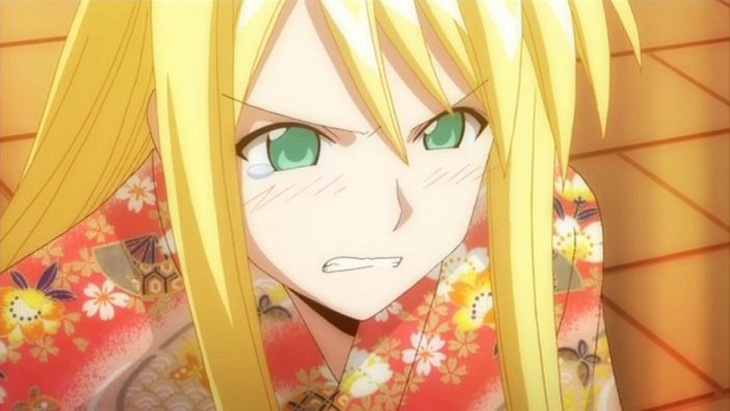
In a recent interview, the creator of Love Hina and Negima reaffirmed his stance praising Japan’s freedom of expression and his concern for the dangers “political correctness” could pose to the manga industry.
According to Bounding Into Comics, Akamatsu made these comments during an online conference held last December. These comments are similar to ones he made earlier in the same year when speaking directly to the Japanese government. When speaking to the government, Akamatsu claimed that Japan’s freedom of expression is what made manga competitive in the global market when competing against international comics.
According to Bounding Into Comics’ translation of statements made by Akamatsu and Takuma Kobayashi:
“if you don’t go abroad, [the political correctness] problem isn’t a battle at all,” which prompted Kobayashi to share his “personal idea” that “I don’t think [a series] will sell that much when it comes to selling [itself as politically correct].”
“The point is, ‘Manga that was released without being conscious of political correctness cannot be read due to the political correctness problem,’” said Kobayashi. “I think this is a mess. Like [a fire].”
This concern echoes the statement he made last June when he said:
This month, a member of the House of Councilors asked me to ask a question, but a Diet member asked, ‘What kind of measures do Japanese comics need to survive in the world?’ From my point of view, ‘First of all, freedom of expression. Japan has the advantage of being able to create freely compared to other countries.
Presently, manga and anime publishers in the west are experiencing criticism for their handling of content in the name of localization. Amazon has removed figurines with the erroneous claim they promote “child exploitation”. Meanwhile Seven Seas Entertainment has purposefully cut whole swathes of content from Mushoku Tensei and I’m in Love with the Villainess. Incidents like these prove that Akamatsu’s concerns aren’t unfounded.